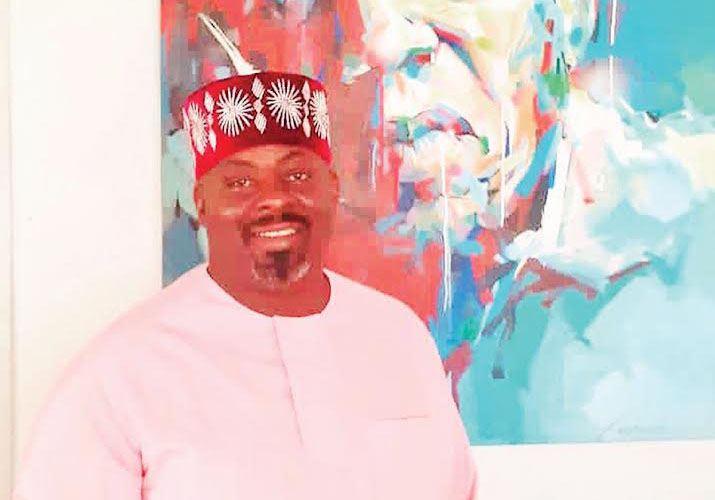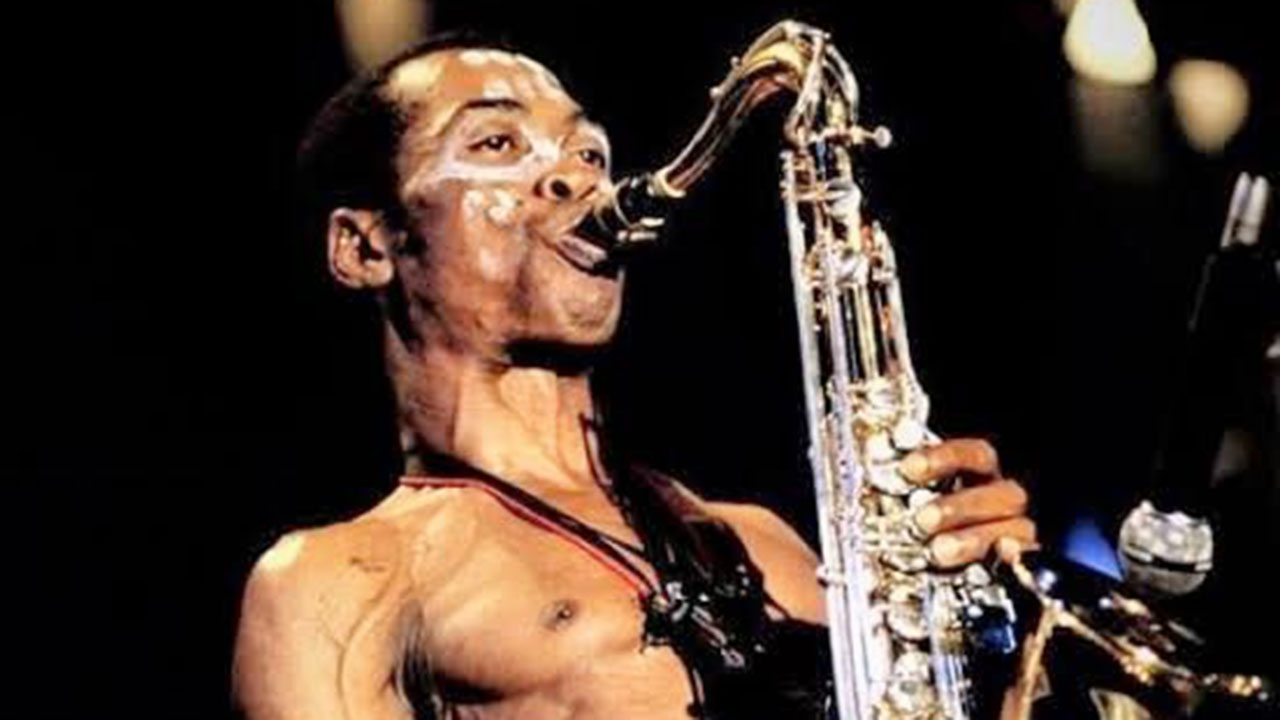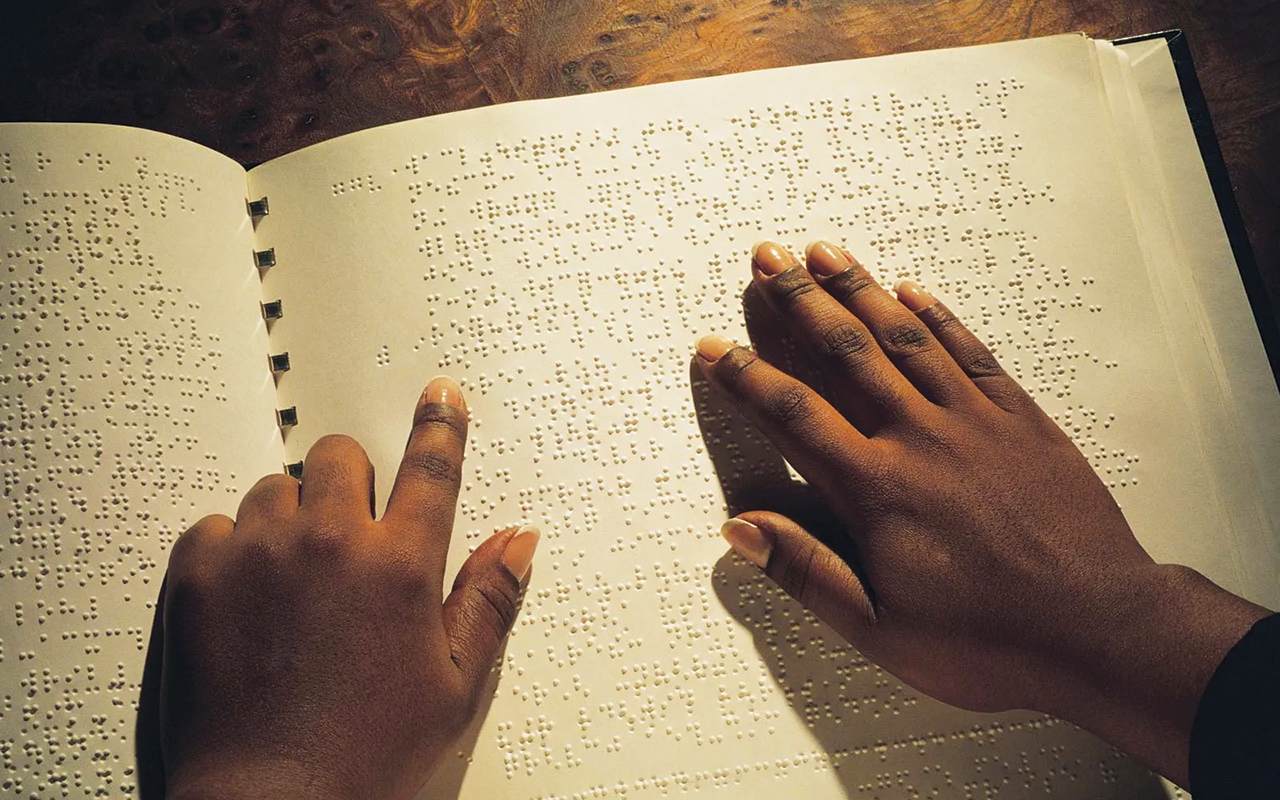
No doubt, the appointment of Obi Asika as the Director General of National Council for Arts and Culture (NCAC) has continued to elicit comments because many see him as more of an entertainment impresario than a culture ambassador.
Many have asked what does a music producer and promoter got to do with arts and crafts?
But what has been forgotten is that Asika has been at the forefront of many big ideas in the culture sector, particularly music. Last year when some persons in President Muhammadu Buhari’s administration tried to push for a bill to set up a Creative Economy Commission, he was the first go-to person.
However, the task before you is as enormous as that of the minister because NCAC is the culture mission of Nigeria. As the nation’s culture ambassador, the task before you is to lead the campaign for the provision of the required enabling environment for arts, culture and tourism to thrive and develop through the massive upgrading of infrastructure and the provision of security.
No doubt, you already have your agenda, which would be unveiled soon.
Pointing to capacity building, professionalisation and talent development, stakeholders have raised the need for the government to engage stakeholders as a way to create an enduring structure, which will in turn make regulation seamless.
They have also called on the administration to rectify cultural policy so that things inside it could be operational and artists able to benefit from it. Currently, the country’s culture policy is outdated and its content needs o be fine-tuned to meet up with modern demands. It is unfortunate that so many years now there is a cause for review and it is yet to see the light of day.
The Guardian gathered that there was an attempt at reviewing the culture policy in 2008, some 21 years after it was formulated, but the exercise came rather late.
According to the United Nations Educational, Scientific and Cultural Organisation (UNESCO) guidelines, a cultural policy shall be reviewed at least once in eight years. So, it was more than twice a belated exercise. Also, due to the restricted circulation of the text, it wasn’t addressed to the Nigerian people as sovereign owners.
This contrasted sharply with the case in 1988, when culture administrators mobilised universities, journalists, trade unionists, and civil society representatives, among others, to make their input to the implementation strategies.
Since the policy was formulated, gaping loopholes have continued to exist, which hinder the promotion of culture as documented in the policy. Nigeria is one of the African countries that took a cue from Ghana to formulate its national cultural policy at the insistence of UNESCO.
As your predecessor, Otunba Olusegun Runsewe noted: “For us to have an in-road into the global cultural market, we must cultivate the attention and partnership of members of the diplomatic community while honing our skills and enhancing our design, finishing, packaging and presentation to meet global market standard. It is through product improvement that we can raise the value of our arts and crafts industry to become truly attractive and earn the confidence of the international consumers necessary for a robust cultural economy that can create employment and wealth for our nation.”
Already, as part of the council’s effort to achieve sustainable cities and communities, it has introduced the concept of comparative advantage through the 37 wonders of Nigeria. This programme is anchored on the economic policy of one state, one product.
Last December, stakeholders made up of state commissioners for culture and tourism, permanent secretaries, and directors in the culture and tourism ministries from the 36 states of the federation and Abuja called on government to build cultural markets in each state.
They said such development would help create employments, wealth and preserve the rich culture of the Nigeria people.
The call was made in communique issued at the end of the 1st National Stakeholders’ Review Conference of National Festival of Arts and Culture organised by the National Council of Arts and Culture.
In an 11-point communique issued after the review of NAFEST, 35 editions after, it was recommended that culture and tourism should remain as one Ministry both at the Federal and State levels to complement each other and contribute meaningfully to the diversification efforts of government and the Gross Domestic Product (GDP) of the nation.
The stakeholders also resolved, among others, that the cultural market in each state which will domicile at each state’s ministry of culture and tourism, will serve as one-stop shop for all cultural products.
Other recommendations made by the arts and culture stakeholders in the communiqué include recommending skills acquisition training programme for women, the youths and the physically challenged through structured processes of formal education, informal and traditional skill transfer, apprenticeship, etc.
Accordingly to the communique, Nigerian cultural products should be carefully packaged and aggressively promoted through platforms such as digital marketing, creation of galleries and the participation in travel markets, etc.
The culture and arts decision makers also said in the communiqué: “The conference observed that the concentration of the states in the development of one unique product in which they have comparative advantage will enable the states package and market the iconic product, attract investors, increase internally generated revenue, enhance public – private – partnership and reduce unemployment. The conference therefore recommended that this strategic approach should be vigorously pursued by the states.
“The conference noted that cultural exchange programmes can engender unity in diversity, promote international diplomacy for peace, enhance the cross-fertilization of ideas and promote international trade. In light of this, it was recommended that there should be structured international exchange programmes and synergy between local and international NGOs to facilitate this process. Funding for this could be sourced from government subventions, self-sponsorship, local and international donor agencies, among others.”
The issue of funding for the culture and arts sector was also deliberated upon. Communique also stated: “The conference identified sources of funding of the culture sector to include government, the private sector, multinational organizations, development partners, donor agencies, charity organizations and lamented that government has never taken a deliberate step to fund the culture sector. It was, therefore, recommended that these sources of funding should be explored by the states while stakeholders like NATOP, NANTA, RATTAWU, etc. should work with relevant cultural agencies of government to mount sustained advocacy in order to push for the implementation of the National Endowment Fund for Arts. To achieve this, industry players must work together, and embark on programmes that will not only make them relevant, but indispensable stakeholders in the task of nation building.
“ Noting that culture provides the content for the development of tourism, the conference stressed that culture and tourism are intricately interwoven and therefore inseparable. Accordingly, the conference recommended that culture and tourism should remain as one Ministry both at the Federal and State levels to complement each other and contribute meaningfully to the diversification efforts of government.”
NCAC, under Otunba Olusegun Runsewe’s leadership, vigorously pursued programmes that would open up the industry, unbundle, harness and develop latent skills leading to the emergence of a sustainable cultural environment.
Runsewe, who declared a state of emergency on the development of cultural tourism and all other value chain industry, embarked on far-reaching project, the 37 wonders of Nigeria, launched by the Executive Governor of Lagos State, Mr. Babajide Sanwo-Olu, at the Lagos NAFEST in 2022, said the emphasis on one state, one product aimed at stimulating the sector and repositioning it on the path of sustainable growth and development.
Each of these constitutes the wonders of natural endowments or amazing evidence of human creative interactions. Together, they have evolved to become iconic emblems of Nigeria tourism destinations and technological processing.
For example, the Zanna Cap of Borno, the Akwa-Ocha dazzling white traditional woven fabric of Delta State, the Queen India head of Benin, Edo State, the Ikogosi Water Spring of Ekiti, the Nok Culture of Kaduna State, the Dye Pits of Kano, the Itoguntoro traditional weaving heritage of Kogi State, the Dada pottery of Kwara State, the brass works of Niger State, to mention but a few, have all assumed unique cultural brands that could be enriched, repackaged and aggressively promoted as aspects of environmental sustainability (cultural and natural heritage preservation).
In addition to the above, Nigeria is one of the richest countries of the world in terms of cultural festivals. These fascinating cultural festivals and dance include, Ohafia War Dance in Abia State, Ekombi Dance in Cross River State, the Nkwa Umu-Agbogho of Ebonyi State, the Odo Masquerade Festival of Enugu State, the Eyo Masquerade of Lagos State, Arugungun Fishing Festival of Kebbi State, the Osun Osogbo Festival of Osun State, Igue Festival of Edo State, the boat regatta of Rivers and Bayelsa states and so on.






